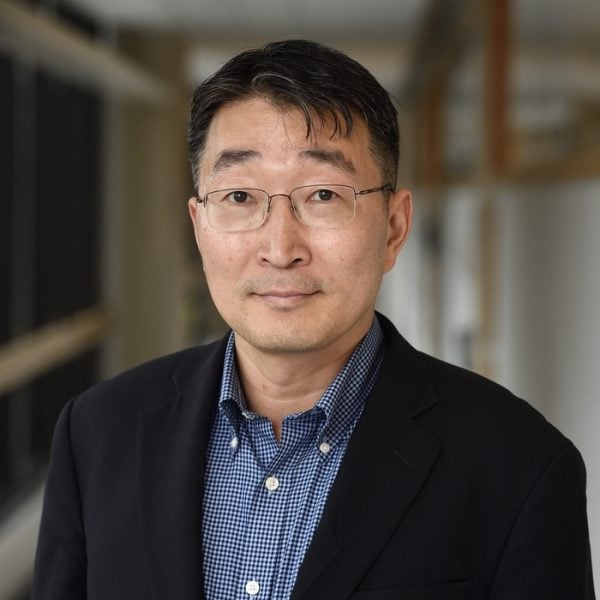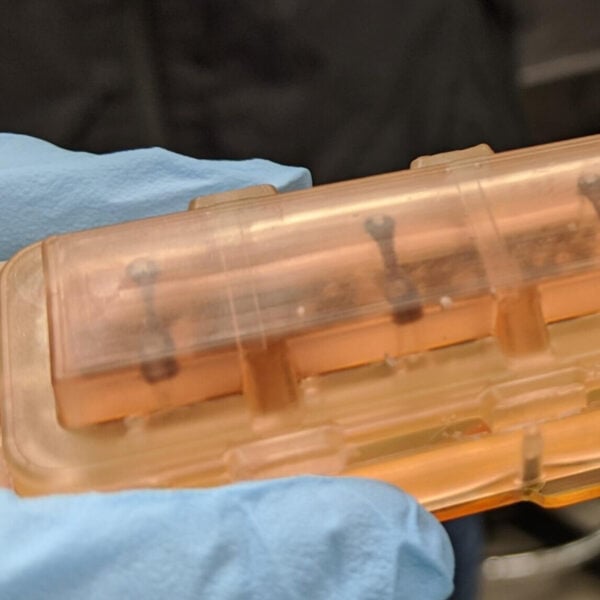Research Interests
Our research spans the disciplinary boundaries between nanotechnology, biomaterials, and mechanobiology with an emphasis on their applications to tissue engineering and regenerative medicine. Through the use of multi-scale biofabrication tools in combination with human pluripotent stem cell technologies, we focus on the development and application of bio-inspired materials/devices and functional tissue engineering models for elucidating regenerative biology, drug screening, disease modeling, and cell-based therapies. Using engineered microenvironments in combination with quantitative biology approaches, we are also studying the intricate interactions between mechanical and biochemical signaling in the regulation of cell/tissue function and fate decisions that are essential for tumor progression and metastasis, tissue repair and regeneration following injury, and various developmental events. The ultimate goal of our research is to better understand complex cellular behavior in response to microenvironmental cues in normal, aging, and disease states, to gain new mechanistic insights into the control of cell-tissue structure and function, and to develop multi-scale regenerative technologies for improving human health.
Titles
- Professor, Biomedical Engineering
Education
- PhD, Biomedical Engineering, Johns Hopkins University, 2010
- MS, Mechanical Engineering, Seoul National University, 2000
- BS, Mechanical Engineering, Pohang University of Science and Technology (POSTECH), Korea, 1998
Recent Highlights
-
September 10, 2024Hopkins BME researchers were recently featured in several major media outlets, including The Wall Street Journal, The Washington Post, and...
-
August 28, 2024Johns Hopkins biomedical engineers were featured in an Aug. 20 Scientific American article about animal testing alternatives.
-
April 18, 2024Vasu plans to develop a low-cost creatinine sensor to measure kidney function in patients at risk of kidney disease.


